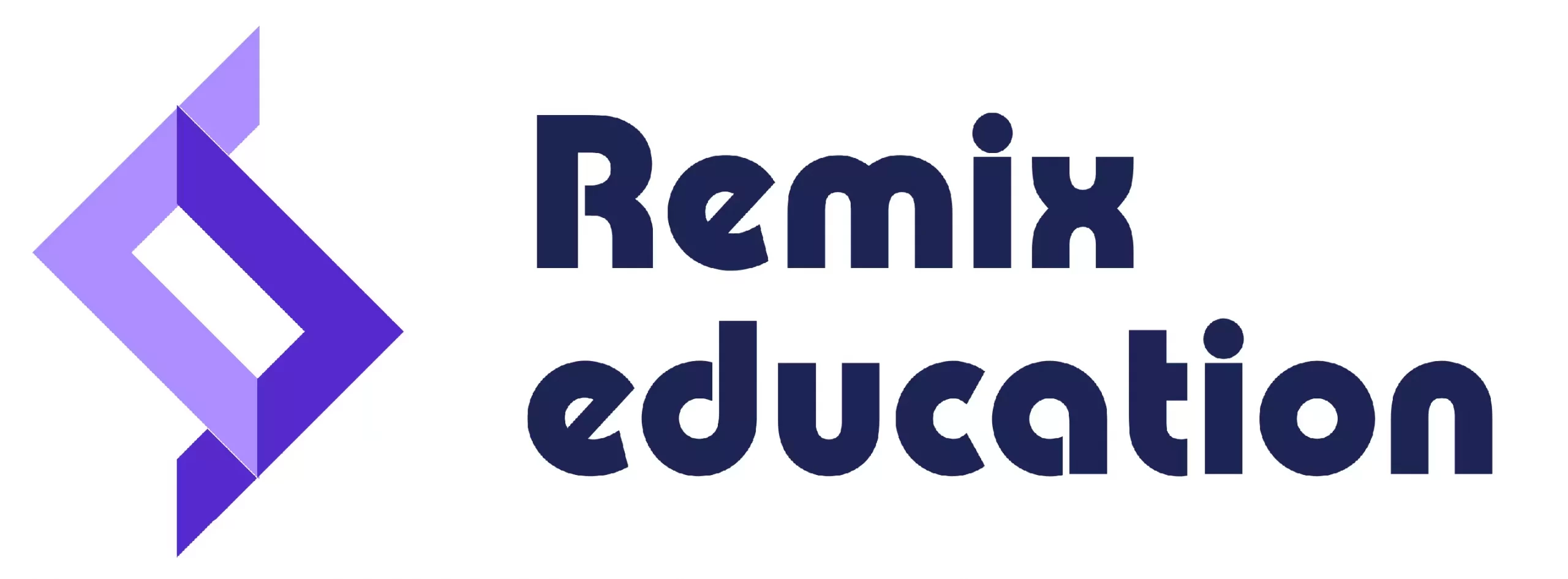•Human anatomy and physiology:-1
(1). Muscular tissue
(2). Physiology of muscle
✓ read now
•Human anatomy and physiology:- 1
(1).Skin structure and function
(2).Skin anatomy
(3).Derivative structures of the skin
(4).Skin functions
(5).Sweat glands
✓Read now
•Human anatomy and physiology:- 1
- 1). about the cardiovascular/ heart
- 2).The Heart Anatomy
- 3). The Heart physiology
✓read now
•Human anatomy and physiology:- 1
- 1).Introduction skeletal system
- 2).Axial Skeleton
- 3).Appendicular Skeleton
- 4).Articulations
✓read now
•Human anatomy and physiology:- 1
- 1).The Cardiovascular System
- 2).Anatomy of The Heart
- 3).The Heart’s Cardiac Cycle
- 4).Regulation of Heart Rate
- 5).Differences Between Blood Vessel Types
- 6).Blood Pressure: Effects of Factors
- 7).Capillary Exchange: Mechanisms
✓ Read now
Human anatomy and physiology:- 1
- 1).cell membrane,
- nucleus,
- • transport across cell membrane,
- 2).blood grouping,
- 3).study of animal tissue,
- • types of animal tissue,
- • types of epithelium tissue
- • simple epithelium tissue
- • compound epithelium tissue
- ✓ Read now
The heart anatomy
- 1). Covering of the heart
- 2). Function of the pericardium
- 3). Heart wall
- 4). Cardiac chamber
- 5). Atrium
- 6). Ventricles
✓Read now
Tissue
- 1). Definition of Tissues
- 2). Classification of Tissues
- • Epithelial tissue
- • Connective tissue
- • Muscular tissue
- • Nervous tissue
- 3). Classification of connective tissues
- 4). General characteristics
- 5). Composition of Nerve Tissue
✓Read now
Cardiac cycle
1). Introduction
2). Event of cardiac cycle
3). Atrial systole
4). ventricular systole
5). ventricular Diastole
6). Joint Diastole
✓Read now
•Human anatomy and physiology :- 1
•Human anatomy and physiology :- 1
1). anatomy of Human skin
1).blood circulation,
2).The anatomy of heart,
3).Type of Bones,
4).Type of Synovial Joint,
5).Homeostasis,
6).Cardic cycle,
7).difference between sympathetic & Parasympathetic
✓ read now
•Human anatomy and physiology :- 1
1). anatomy of Human skin
✓ read now
About Special Senses
1. Functions of Special Senses
2. The Eye and Vision
1. Anatomy of the Eye
2. External and Accessory Structures
3. Internal Structures: The Eyeball
3. The Ear: Hearing and Balance
1. Anatomy of the Ear
2. External (Outer) Ear
3. Middle Ear
4. Internal (Inner) Ear
4. Chemical Senses: Taste and Smell
1. Olfactory Receptors and the Sense of Smell
2. Taste Buds and the Sense of Taste
5. Physiology of the Special Senses
1. Pathway of Light through the Eye and Light Refraction
2. Visual Fields and Visual Pathways to the Brain
3. Mechanisms of Equilibrium
4. Static Equilibrium
5. Dynamic Equilibrium
6. Mechanism of Hearing
✓ Read now
Lymphatic system
Functions of the Lymphatic System
1).Anatomy of the Lymphatic System
• Lymphatic Vessels
• Lymph Nodes
• Other Lymphoid Organs
• Spleen
• Thymus Gland
• Tonsils
• Peyer’s Patches
2).Physiology of the Lymphatic System
• Body Defenses
• Innate Defense System
• Surface Membrane Barriers
• Internal Defenses: Cells and Chemicals
• The Inflammatory Process
• Adaptive Body Defenses
• Antigens
• Cells of the Adaptive Defense System: An Overview
• Lymphocytes
• Macrophages
• Humoral (Antibody Mediated) Immune Response
• Active and Passive Humoral Immunity
• Antibodies
• Cellular (Cell-Mediated) Immune Response
• Lymphocyte Differentiation and Activation
The Integumentary System
1). Functions of the Integumentary System2). Anatomy of the Integumentary System
• Structure of the Skin
• Epidermis
• Dermis
• Appendages of the Skin
• Cutaneous Glands
• Hair and Hair Follicles
• Nails
3). Physiology of the Integumentary System
• Development of Skin Color
• Hair Growth Cycle
• Nail Growth
✓ Read now
Skeletal system
1).Functions of the Skeletal System
2).Anatomy of the Skeletal System
3).Classification of Bones
• Long Bone
4).Gross Anatomy
5).Microscopic Anatomy
• Axial Skeleton
• Skull
6).Cranium
7).Facial Bones
• The Hyoid Bone
• Fetal Skull
• Vertebral Column (Spine)
8).Cervical Vertebrae
9).Thoracic Vertebrae
• Lumbar Vertebrae
• Sacrum
• Coccyx
10).Thoracic Cage
• Sternum
• Ribs
11). Appendicular Skeleton
12). Bones of the Shoulder Girdle
13).Bones of the Upper Limb
• Arm
• Forearm
• Hand
14).Bones of the Pelvic Girdle
15).Bones of the Lower Limbs
• Thigh
• Leg
• Foot
15). Joints
• Fibrous Joints
• Cartilaginous Joints
• Synovial Joints
Muscular system
1).Functions of the Muscular System2).Anatomy of the Muscular System
3).Microscopic Anatomy of Skeletal Muscle
4).Muscle Movements, Types, and Names
5).Types of Body Movements
6).Special Movements
7).Interactions of Skeletal Muscles in the Body
8).Naming Skeletal Muscles
9).Arrangement of Fascicles
• Gross Anatomy of Skeletal Muscles
• Head and Neck Muscles
• Facial Muscles
• Chewing Muscles
• Neck Muscles
• Trunk Muscles
• Muscles of the Upper Limb
• Muscles of the Lower Limb
10). Physiology of the Muscular System
11). Skeletal Muscle Activity
• Nerve Stimulus and the Action Potential
• Mechanism of Muscle Contraction: The Sliding Filament Theory
✓ Read now
Cardiovascular system
1).Functions of the Heart
2).Anatomy of the Heart
3).Heart Structure and Functions
• Layers of the Heart
• Chambers of the Heart
• Associated Great Vessels
• Heart Valves
• Cardiac Circulation Vessels
• Blood Vessels
• Tunics
• Major Arteries of the
• Systemic Circulation
• Major Veins of the Systemic Circulation
4).Physiology of the Heart
• Intrinsic Conduction System of the Heart
• The Pathway of the Conduction System
• Cardiac Cycle and Heart Sounds
• Cardiac Output
• Physiology of Circulation
• Cardiovascular Vital Signs
• Blood Circulation Through the Heart
• Capillary Exchange of Gases and Nutrients
